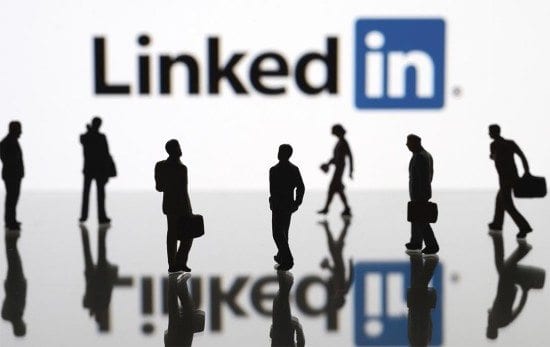LinkedIn is eliminating 716 jobs and will begin winding down its local jobs app in China as part of the company’s restructuring. In a letter that was sent out today, LinkedIn CEO Ryan Roslanky explained the decision to discontinue the separate China app known as InCareer by citing “fierce competition and a challenging macroeconomic climate.”
LinkedIn, owned by Microsoft and has 20,000 employees, plans to reduce some roles while also opening approximately 250 new jobs in some parts of its operations on May 15. Additionally, new business and accounting management teams are going to be established on that date.
LinkedIn is the most recent internet corporation to announce layoffs, joining the ranks of other companies like “Google” and “Amazon” as well as small startups. In January, its parent company, Microsoft, announced that it will be eliminating 10,000 jobs, which is equivalent to over 5% of its staff around the world.
InCareer was first introduced on the market in December 2021, just a few short months after LinkedIn made the announcement that it would be discontinuing its primary service in China. A substantially more difficult working environment and increased compliance requirements were cited as reasons for the company’s decision to end operations in China at the time.
InCareer was designed to assist professionals within China in networking, finding opportunities, and applying for jobs, but it faced competition from Maimai, the leading professional networking site in the country, which claims to have over 120 million users, according to its website. InCareer ultimately failed to meet its intended goals.
One of the benefits of Maimai is that users can publish messages under a pseudonym, which has made it a popular destination among employees who are looking to vent their frustrations or gather information about their employers.
By the 9th of August, LinkedIn intends to have completed the phase-out of InCareer and will have shifted its China strategy to assist companies operating in China with hiring, marketing, and training outside. This indicates that it will keep its Talent, Marketing, and Learning businesses in China for the foreseeable future.
Employees who are told to go to the United States and who are covered by U.S. benefits will get severance compensation, continued health coverage, and career transition services. Employees who are laid off in countries other than the United States will receive benefits that are in line with the labor laws and practices of their respective countries.
As part of the adjustments that LinkedIn is making to its Global Business Organization (GBO) and China strategy, the company will be laying off employees and winding down its InCareer program. As a consequence of this change, LinkedIn will be disbanding its Business Productivity unit. In addition to this, it intends to cut the number of management jobs it has and increase the number of vendors it works with in order to “serve emerging and growth markets more effectively.”
Roslansky claims that he has good reason to believe that the upcoming fiscal year 2024 will continue to be challenging. We’re adjusting as we have all year, and we’ll keep doing business with the mix of visionary zeal and practicality that’s necessary to succeed. As the saying goes, “practice makes perfect.”
LinkedIn claimed a year-over-year rise in revenue that was 8% more than what was disclosed in Microsoft’s most recent quarterly earnings report, which was given in April. Due to a slowdown in recruiting and advertising spending, Microsoft warned in the report that came before that one that it expected revenue growth to fall to the mid-single digits in the third quarter.
Conclusion
California-based LinkedIn, the world’s largest professional social media site, is slashing 716 jobs and closing its mainland China employment app. In a Monday letter to workers, CEO Ryan Roslansky explained that customer behavior and slower revenue growth prompted the decision. He said, “We are making adjustments to our Global Business Organization and China strategy that will result in a decrease of jobs for 716 workers as we navigate LinkedIn through this fast shifting market. Microsoft-owned LinkedIn has eliminated jobs this year, joining other US IT companies. Meta added 10,000 layoffs to its 2022 mass layoffs in March. After announcing 18,000 job cuts in January, Amazon eliminated 9,000 more in February.
“As we plan for [the fiscal year of 2024], we’re expecting the macro environment to remain challenging,” Roslansky added. As we make investments in key growth sectors, we will continue to control our spending. By August 9, LinkedIn will stop supporting its InCareer app in mainland China. Roslansky cited “a challenging macroeconomic climate” and “fierce competition” as the reasons for the halt. A corporate representative said LinkedIn would continue to help Chinese companies attract and train foreign workers. LinkedIn is the last Western social media app in mainland China. The government has banned Twitter, Facebook, and Youtube for almost a decade. Google exited in early 2010.
The opinions expressed in this post belongs to the individual contributors and do not necessarily reflect the views of Information Security Buzz.



